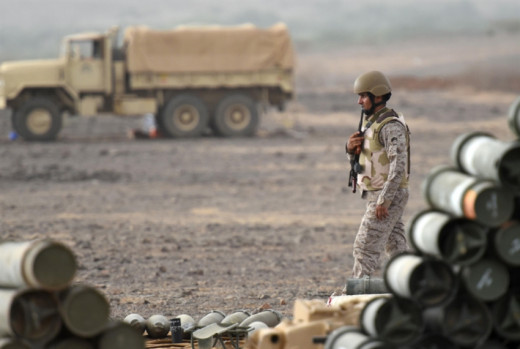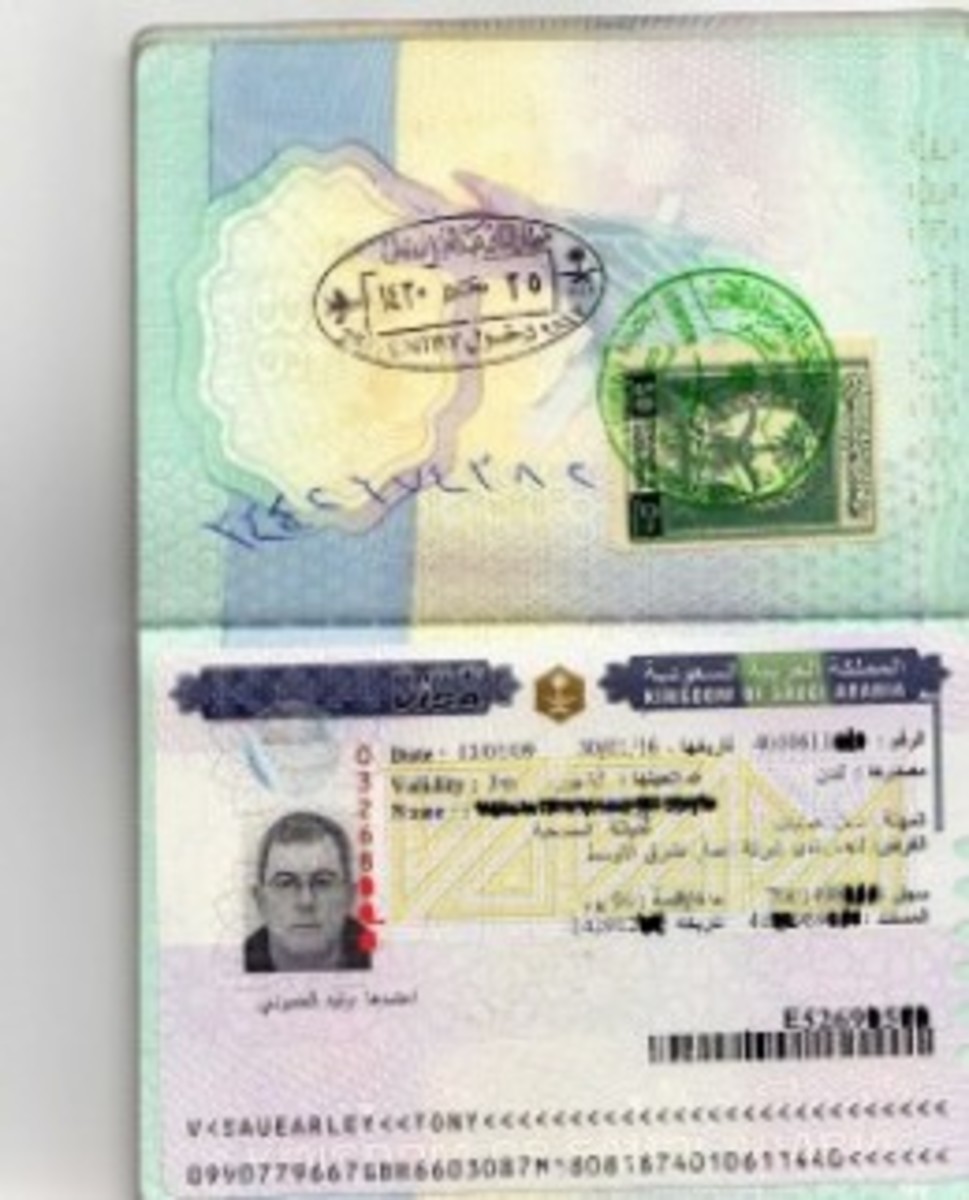The Secrets of Saudi Apathy in the Battle of Al-Jouf

Saudi Arabia has pushed its military weight to halt the progress of the Yemeni army forces and the people's committees in the Khub and Al-Shughf District east of Al-Jawf Governorate. The Directorate located on the Saudi-Yemeni border covers an area of 82% of the total area of Al-Jawf Governorate that reaches 39.5 thousand km and is connected to a land border strip with Saudi Najran exceeding 266 km. Despite its distance from the center of Al-Jouf by more than 70 km, the army and "committees" were able to penetrate into it during the past days, reaching the orphan region (20 km from the border). The orphan was controlled with the cooperation of the people of the region and an agreement with a number of tribes. Riyadh was met by an unprecedented air escalation through dozens of raids, which prompted the Yemeni forces to withdraw to the vicinity of the orphan city. In conjunction with the continued raids, throughout the past days, Riyadh was quick to push Saudi forces and other allies loyal to the outgoing Yemeni President Abdo Rabbu Mansour Hadi.
Tribal sources in Al-Jawf governorate confirmed to Al-Akhbar that Saudi Arabia distributes large sums of money to tribal sheikhs, demanding that the agreement with the Yemeni forces be broken, and border tribes carrying Saudi subsidiaries threaten to blow up their villages by flying if they stand with the Ansar Allah movement. The state of Saudi dismay at the progress of Sanaa's forces in the orphan region seemed clear, due to the fact that Riyadh saw development as a serious threat to its national security, although progress had occurred within Yemeni territory. The Kingdom used the scorched earth policy to stop progress and to restore the city and market of the orphan, to remove the danger of the forces of Sanaa approaching its southern border beyond the Al-Muhashamah area, which is about 25 km away from the orphan. During the past few days, Saudi Arabia has used the Apache helicopters, fighters, and marches intensively, and launched dozens of raids on multiple areas in the orphan and Muhamasheh, trying to support the forces loyal to it in the west and south of the city of the orphan, which the forces loyal to Saudi Arabia announced last Sunday, to restore and advance towards the Silila mountain range that Orphan mediation and bashing. However, field sources in Al-Jawf Governorate confirmed that violent confrontations in which various types of weapons are used have been ongoing for days, between Sanaa forces and militias loyal to Saudi Arabia and Hadi and "Islah" supported with heavy air cover, and the army and "committees" are still in the offensive position "While the other side is on the defensive."
Saudi Arabia's apathy towards preventing the advance of Sanaa forces in areas bordering the seam with Najran was supported by military reinforcements from the Salafi camps loyal to Hadi in the Baqaa area of Saada governorate, west of the orphan, as well as a military brigade of the joint forces (considered a mixture of elements loyal to Saudi Arabia and others loyal to the UAE) He arrived at the orphan a few days ago. This is due to the fact that the battle, according to what observers say, has nothing to do with "the process of supporting the restoration of legitimacy", but rather with the interests and ambitions of the kingdom.
For decades, Saudi Arabia has been trying to annex large and strategic areas from the region to its territory
For decades, Saudi Arabia has been trying to annex large and strategic areas from the region to its territory. According to the information, during the past period, Saudi Arabia has changed the border features in the areas bordering Al-Jawf Governorate, and tens of kilometers have advanced in the Yemeni depth. All this is due to the high possibility of oil and liquefied gas reserves in Khob and Al Sha`f. Saudi Arabia has been working to prevent the Yemeni government since the early 1980s from extracting it under various pretexts. In the summer of 1984, the American “Hunt” companies announced a major oil discovery in the “Sector 18” oil that extends from the Khub and Al Sha`f district east of Al-Jawf Governorate to the Safer area of Marib Governorate. Riyadh objected to the excavation and caused a crisis with Sanaa on the pretext that the borders southeast of Najran were not drawn. This led to the company's withdrawal of exploration to the Safer area of Marib. According to the Jeddah agreement signed between Yemen and Saudi Arabia in 2000, the borders were demarcated, and included a part in contact with Al-Jouf Governorate, and delineation was postponed in the Empty Quarter. Sources indicate that Saudi Arabia granted the Yemeni government desert areas in Hadramawt and acquired oil-rich areas in Al-Jouf, Marib and the Rub al-Khali desert.
Over the past two decades, Saudi Arabia has changed borders and penetrated Yemeni lands with Al-Jouf, particularly in the areas near the orphan. According to tribal sources in Al-Jawf, Riyadh has captured more than 20 km, and provided border markers there and attached them to its territory. For more than 10 years, Saudi Arabia has worked to place Al-Jouf, in general, and the Directorate of Khub and Al-Sha`f in particular, under its guardianship, and has imposed security oversight in the orphan region and deployed a number of intelligence elements to monitor any movements or construction carried out by the Yemeni government in that border directorate or any Attempts to resume exploration in a number of fields near the border region, which were closed in the mid-1980s by Riyadh. According to sources familiar with the oil file, Saudi Arabia prevented the Yemeni side from drilling in the border area near the orphan under the justification of the impact of its oil fields located inside Saudi Arabia. According to these sources, Riyadh has forcibly shut down two Yemeni oil sectors after discovering the existence of large quantities of oil in them west of the orphan, and another gas field studies have proven to possess large commercial quantities of liquefied gas.
This content is accurate and true to the best of the author’s knowledge and is not meant to substitute for formal and individualized advice from a qualified professional.
© 2020 Hafiz Muhammad Adnan








